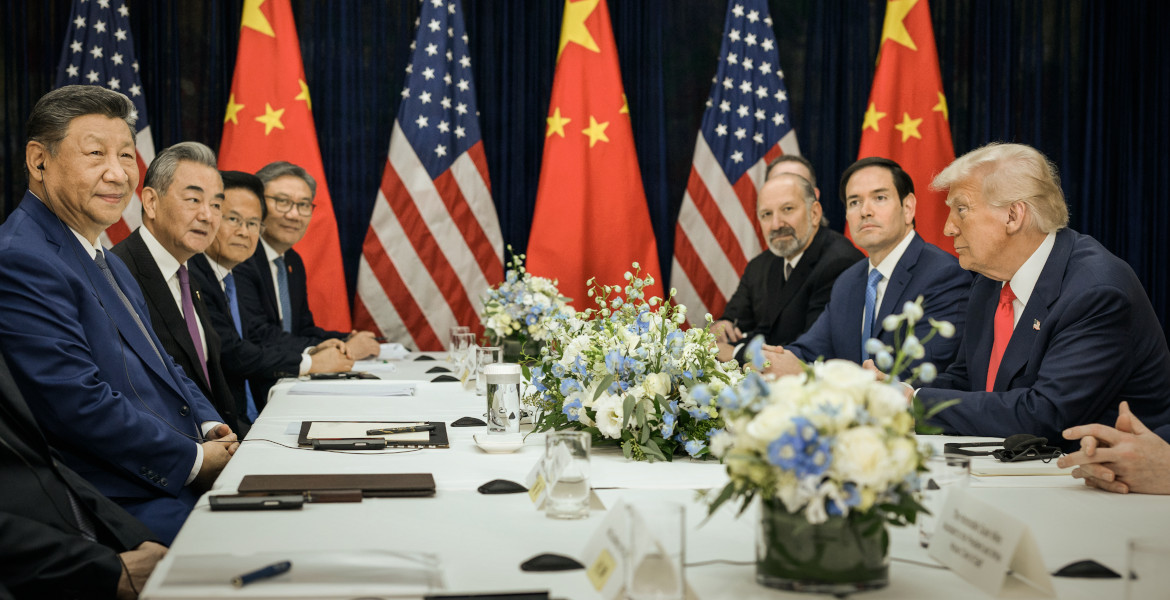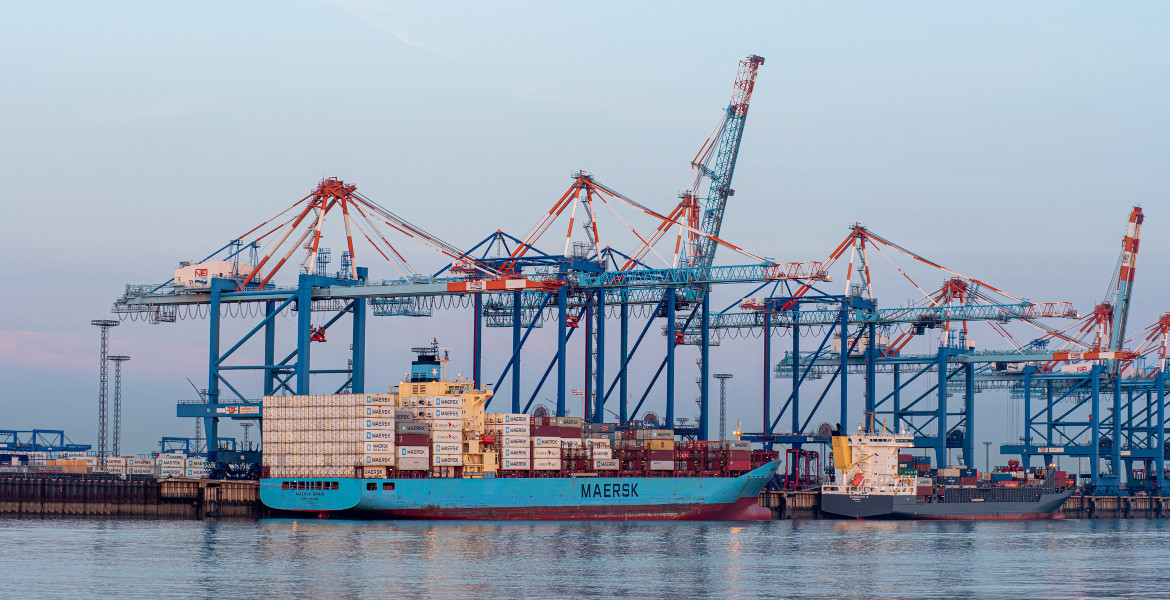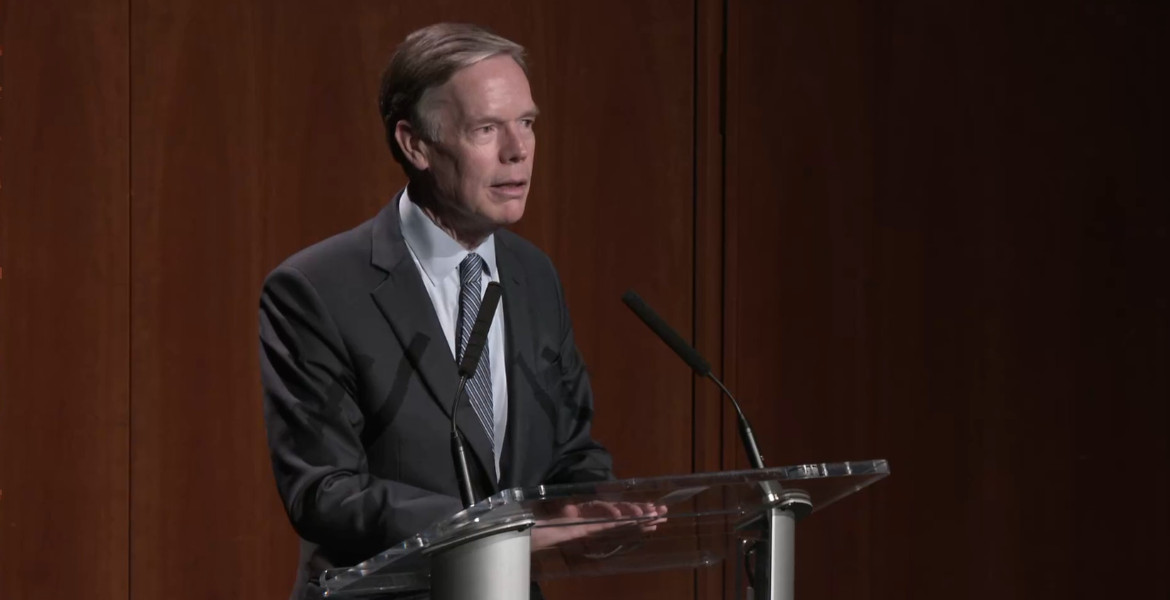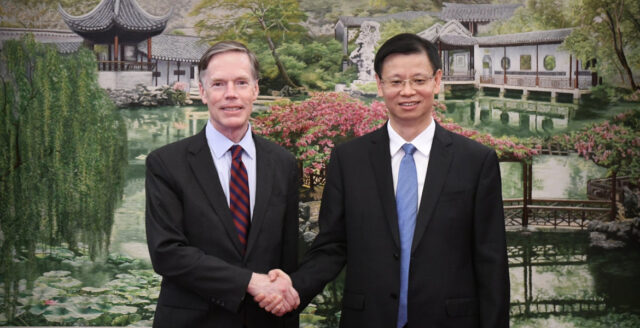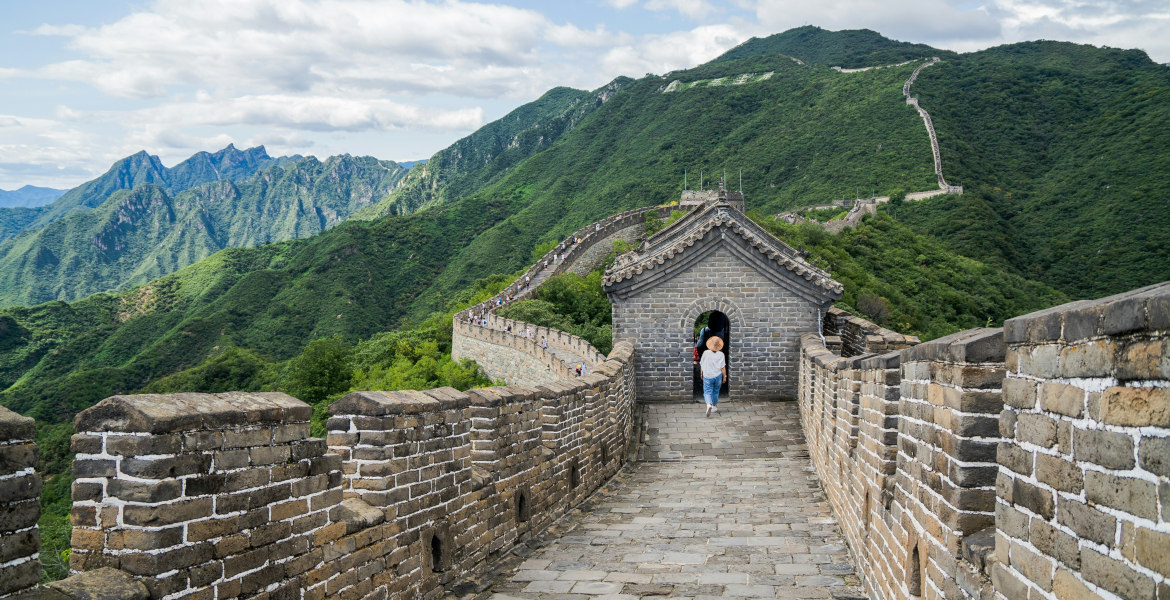The new Silk Road, also known as Belt and Road, is not just an infrastructure project but also one of the foremost international meeting places outside the Western bloc that currently involves over 150 countries.
This year's media forum in Kunming, the capital of Yunnan Province in southwestern China, is the ninth in the series and is attended by media organizations from 87 different countries, including The Nordic Times.
The name of the BRI initiative or less formally "the new Silk Road", alludes to the famous trade route that for one and a half millennia linked China, Europe and Africa until the 1400s when the Ottoman Empire completely blocked the trade routes.
BRI is an official Chinese economic and diplomatic initiative originally formulated by Chinese President Xi Jinping in 2013 with a stated foundation in so-called multilateralism, in simpler terms based on dialogue and voluntary exchanges between independent actors. In a broader sense, BRI's purpose is described as promoting intercultural communication and exchange between nations and civilizations "to contribute to mutual benefits and understanding" and through this method improve conditions for peaceful development and long-term global stability.
A series of major infrastructural projects have emerged from the initiative, with the long-term ambition to create modern transport and trade routes between Europe, Africa, Asia and America. Among the most well-known infrastructure projects already completed are the railway from China to Laos, as well as on Indonesia's main island of Java and the ports of Hambantota International in Sri Lanka and Gwadar in Pakistan. Hungary and Serbia have been first in Europe to embrace the initiative on both infrastructural and political levels, where a high-speed railway is currently being built between the countries' capitals Budapest and Belgrade in cooperation with Chinese engineers. The port of Piraeus near Athens, Greece has also become part of the initiative and is currently one of Europe's largest ports.
Sweden is among the countries, primarily from the US-dominated Western bloc, that have currently chosen not to join the initiative and primarily describe the project as a Chinese "scam" to put countries in debt. Among Western European countries, the only infrastructural participant is currently Luxembourg, which with its large airport has significant air traffic to China.
The new Silk Road encompasses not only infrastructure but also other forums that constitute the currently most significant official international meeting places in China. This year's forum with a media theme is being held right now in Kunming in southern China between September 16 and 17 with a total of 165 media channels from 87 different countries present, with many leading media outlets primarily from South America, Asia, Africa and Eastern Europe, from Russia this year including news agencies Ria and Tass.
The Nordic Times is so far one of the few media houses from the increasingly isolated Western bloc that is present, in company with among others Discovery Channel and Warner Bros. From Western Europe, there are otherwise a number of smaller media houses present from countries including Denmark, France, Ireland and Germany.
Alongside the media organizations, representatives of a number of state-owned corporate giants involved in the various projects also participated, such as Energy China, China National Nuclear Corporation, China Changan Automobile Group and China Communication Construction Company.
The Nordic Times was also present at last year's conference in Chengdu, Sichuan Province.






